September 30, 2017
September 2017 at Policy Integrity:
- Clean Water Rule Repeal
- Falling Cost of Clean Power Plan Compliance
- BLM Waste Prevention Rule Litigation
- States and the Social Cost of Greenhouse Gases
- Green States Conference
- Court Decisions on Quantifying GHG Emissions
- Comments to Federal Agencies
-

Muddying the Waters: New Report on Clean Water Rule Repeal
The Trump administration is working to repeal the EPA’s Clean Water Rule, which provides important legal clarity on the extent of wetland area subject to the Clean Water Act, ensuring greater federal protection of wetlands. In our new report on the attempted repeal, we show how the EPA and Army Corps of Engineers obscured the value of wetlands protection in their proposal to repeal the rule. In revising the original economic analysis, which quantified the rule’s substantial environmental and economic benefits, the agencies use arbitrary and inconsistent assumptions to suggest that the rule is not cost-benefit justified. The report echoes our comments to the agencies on the proposed repeal.
-
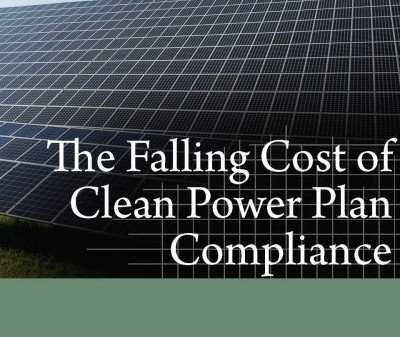
The Falling Cost of Clean Power Plan Compliance
The EPA is expected to initiate a repeal of the Clean Power Plan in the coming days as part of its focus on reducing regulatory costs. But the rule’s emission targets can be achieved at a far lower cost than originally expected, thanks to recent changes in the electric sector. Our new report discusses market and policy developments that have lowered the cost of Clean Power Plan compliance since EPA’s original estimate was released, and surveys recent analyses by independent groups, which have estimated substantially lower costs than EPA did. NPR’s Marketplace recently highlighted these cost trends in a discussion of the Clean Power Plan.
-
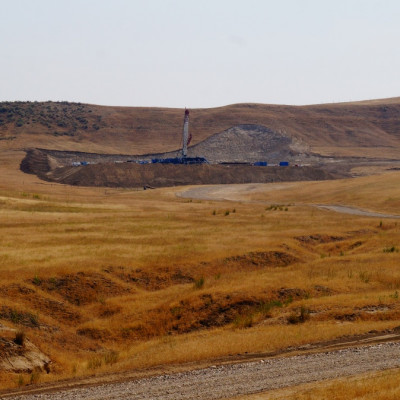
Brief for Waste Prevention Rule Litigation
The Bureau of Land Management’s (BLM’s) Waste Prevention Rule, promulgated in November 2016, required oil and gas companies to limit the amount of natural gas that escapes when they drill on public lands, and thereby reduce harmful emissions of methane, a potent greenhouse gas. In response to efforts to stay the rule’s implementation, California and New Mexico, as well as several environmental organizations, sued BLM in the U.S. District Court for the Northern District of California. We filed an amicus brief in support of the plaintiffs, arguing that BLM failed to provide a reasoned explanation for the stay, as required by the Administrative Procedure Act, because BLM ignored the forgone benefits of the rule. The court agreed, and issued an opinion vacating the stay on the ground that BLM did not have statutory authority for the stay and failed to consider the impact of the stay on the benefits of the Waste Prevention Rule.
-
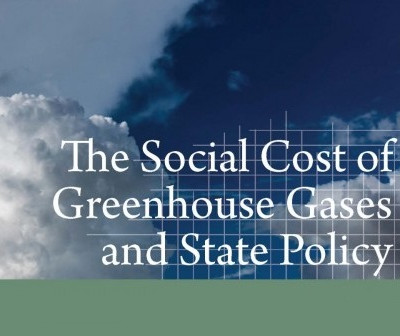
The Social Cost of Greenhouse Gases and State Policy
States can benefit from using the social cost of greenhouse gases to aid in making rational, transparent policy decisions. In fact, many states are already using these metrics in their decisionmaking. Our new report, which is designed to provide guidance to states, focuses on several issues related to the social cost of greenhouse gases, including discount rates, time horizons, and applicability for various state policies, as well as methodological and technical guidance. We argue that states, despite federal attempts to dampen use of the number through executive orders and introduced legislation, can and should still use these metrics.
-
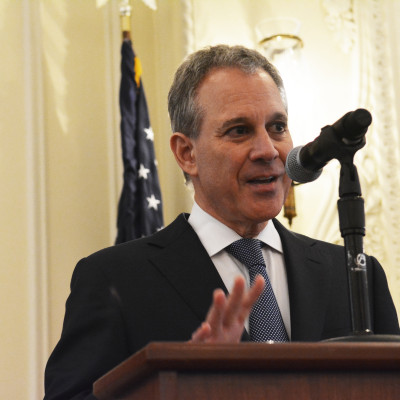
Green States Conference: Energy, Climate, and a Different Federalism
At our recent conference, state officials discussed how they are creating cleaner, more resilient energy systems at the state level through policy and litigation. The attorneys general of New York, Maryland, and Illinois drew media attention for their frank comments on how litigation serves as a check on federal deregulatory action under the Trump administration. If you missed the conference, you can watch video of the panels online.
-
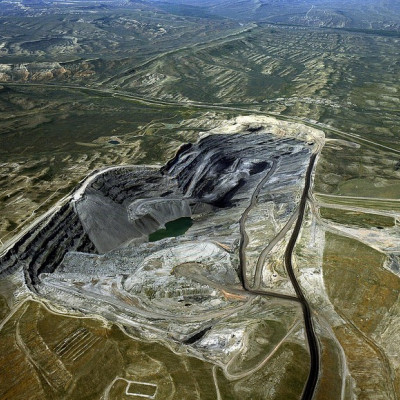
In the News: Court Decisions on Quantifying GHG Emissions
A series of recent court rulings have made clear that federal agencies must account for greenhouse gas impacts in their decisionmaking, and our briefs and analysis have helped support these landmark decisions. In September, the U.S. Court of Appeals for the Tenth Circuit held that the Bureau of Land Management (BLM) violated the National Environmental Policy Act by providing an inadequate analysis of the likely climate impacts from four major coal leases. Our amicus brief for the case focused on the economic arguments that were at the center of the ruling, highlighting BLM’s flawed “perfect substitution” argument. The agency claimed that there would be no negative consequences from leasing, because in the absence of these leases the same amount of coal would be extracted elsewhere at the same price – an argument that contradicts basic principles of supply and demand. In interviews with Vox, Bloomberg, and E&E News, Jayni Hein discussed the significance of this decision. We also offered analysis of two other important rulings on related issues from the U.S. District Court of Montana and the U.S. Court of Appeals for the D.C. Circuit. Both of these decisions demonstrate that environmental impact statements must include rigorous analysis of greenhouse gas emissions.
-

Comments to Federal Agencies
In September, we submitted comments to several federal agencies that are moving toward delaying or repealing safeguards for the environment, consumers, and workers. Our comments on the Bureau of Land Management’s proposed rescission of hydraulic fracturing rules and the National Highway Traffic Safety Administration’s plan to revise fuel economy standards challenge the agencies’ attempts to downplay the environmental and climate benefits of these rules. In comments on the continued delay of the Department of Labor’s Fiduciary Rule, which requires investment advisors to serve the best interests of retirees, we argue that the stay violates basic administrative law principles and improperly underestimates the benefits of the provisions that are being proposed for delay.
In response to regulatory review efforts underway at the Department of Education, Department of Agriculture, Consumer Product Safety Commission, and Commodity Futures Trading Commission, we submitted comments arguing for consideration of the public benefits of regulation, not just the costs to regulated industries. Our comments to the Federal Motor Carrier Safety Administration similarly suggest that updates to its petition process should encourage public participation by increasing transparency and accessibility, and not simply solicit recommendations from industry for rules to repeal.
